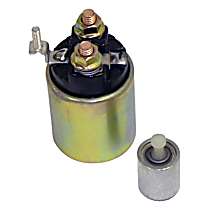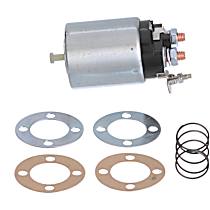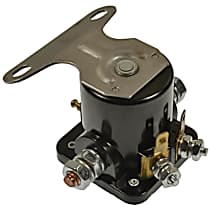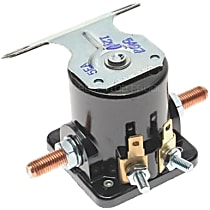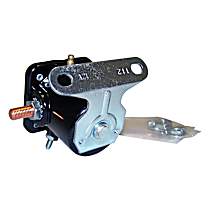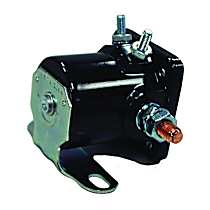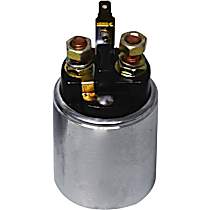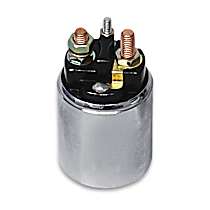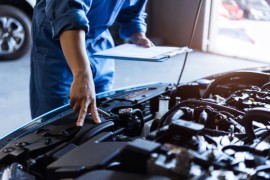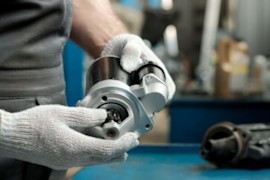{
"lazyNodes": false,
"abFitnotesFlag": false,
"abCrawlReviews": false,
"productOptionsCookie": false,
"orderDelayFlag": false,
"skipSessionCookie": false,
"covidMessage": false,
"fullTitleCookie": false,
"nrLoggerCookie": false,
"checkoutReviewCookie": false,
"productOptionSeqCookie": false,
"maintenanceFlag": false,
"bufferETACookie": false,
"multiShippingDiscountFlag": false,
"newFitmentFlag": false,
"surveyOptInFlag": false,
"crossSellFlag": false,
"skuMappingFlag": false,
"paySplitCookie": false,
"callDisableFlag": false,
"zipPaymentFlag": "u",
"hassleFreeReturn": false,
"lifetimeReplacement": false,
"cpn_off": false
}Jeep Wrangler Starter Solenoids
Shop Catalog
![]() WARNING: This product can expose you to chemical which is known to the State of California to cause cancer and birth defects or other reproductive harm. For more information go to www.P65Warnings.ca.gov.
WARNING: This product can expose you to chemical which is known to the State of California to cause cancer and birth defects or other reproductive harm. For more information go to www.P65Warnings.ca.gov.
![]() WARNING: This product can expose you to chemical which is known to the State of California to cause cancer and birth defects or other reproductive harm. For more information go to www.P65Warnings.ca.gov.
WARNING: This product can expose you to chemical which is known to the State of California to cause cancer and birth defects or other reproductive harm. For more information go to www.P65Warnings.ca.gov.
![]() WARNING: This product can expose you to chemical which is known to the State of California to cause cancer and birth defects or other reproductive harm. For more information go to www.P65Warnings.ca.gov.
WARNING: This product can expose you to chemical which is known to the State of California to cause cancer and birth defects or other reproductive harm. For more information go to www.P65Warnings.ca.gov.
![]() WARNING: This product can expose you to chemical which is known to the State of California to cause cancer and birth defects or other reproductive harm. For more information go to www.P65Warnings.ca.gov.
WARNING: This product can expose you to chemical which is known to the State of California to cause cancer and birth defects or other reproductive harm. For more information go to www.P65Warnings.ca.gov.
![]() WARNING: This product can expose you to chemical which is known to the State of California to cause cancer and birth defects or other reproductive harm. For more information go to www.P65Warnings.ca.gov.
WARNING: This product can expose you to chemical which is known to the State of California to cause cancer and birth defects or other reproductive harm. For more information go to www.P65Warnings.ca.gov.
![]() WARNING: This product can expose you to chemical which is known to the State of California to cause cancer and birth defects or other reproductive harm. For more information go to www.P65Warnings.ca.gov.
WARNING: This product can expose you to chemical which is known to the State of California to cause cancer and birth defects or other reproductive harm. For more information go to www.P65Warnings.ca.gov.
![]() WARNING: This product can expose you to chemical which is known to the State of California to cause cancer and birth defects or other reproductive harm. For more information go to www.P65Warnings.ca.gov.
WARNING: This product can expose you to chemical which is known to the State of California to cause cancer and birth defects or other reproductive harm. For more information go to www.P65Warnings.ca.gov.
![]() WARNING: This product can expose you to chemical which is known to the State of California to cause cancer and birth defects or other reproductive harm. For more information go to www.P65Warnings.ca.gov.
WARNING: This product can expose you to chemical which is known to the State of California to cause cancer and birth defects or other reproductive harm. For more information go to www.P65Warnings.ca.gov.
Popular Products
Customer Guides
Common Problems Found on a Jeep Wrangler Starter Solenoid
Early morning drives usually start by cranking your engine to life. Normally, you would want your engine to start up quickly. This means that you should hope that your starter solenoid is up to scratch when it comes to your engine. It is what provides the electricity that jump-start your engine to responsiveness. A bad solenoid gives off little or no electricity at all, and this could be problematic for you. Here are a few takes on what it's like to have a bad starter solenoid:
Engine doesn't start
The starter solenoid's job is to provide electricity for the engine. This, in turn, is what turns the flywheel in order for the engine to come to life. In cases where you have a bad starter solenoid, most of the time, the engine remains dead. Failure to bring your engine to life could mean that you have a bad starter solenoid, and not a bad battery. Another thing that would confirm this is if the idiot lights on your dash begins to dim while starting your engine.
Click, click
While starting your engine, you may fall victim to a non-responsive one accompanied by a series of 'click' sounds. The thing that differentiates this as a failure with the solenoid and not with the battery is the clicking sound. If you try to bring the engine to life, but hear a few clicking sounds, then your battery is the culprit. However, if the clicking sound persists as long as you attempt to start your engine, then your starter solenoid may have a problem.
Starter trouble
Starters are a part of the solenoid that is quick to give up. Since they are often used and are stored in hot temperatures, changing your starters regularly is essential in keeping your car running well. If your engine starts turning slowly, check your starters. This may be a tell-tale sign that your starter may already be giving up. Another way in which you can figure this out is when your car's lights dim every time you try to start your engine.
Other common reasons
In a car, one of the reasons that a system may fail to work properly is contaminants. These may get into your engine and they may cause all sorts of trouble for you. Loose and dirty connections may cause your starter solenoid to work improperly. Other factors such as corrosion may also play a part in your starter solenoid's gradual deterioration.
Sometimes, it happens that on the way to your work, you are greeted by a hard starting vehicle that stubbornly refuses to cooperate. This is a problem most commonly associated with old cars and with shot starter solenoids. Its main job is to bridge the circuit responsible for firing the crankshaft, and if it doesn't do its job fully, then you're really late for work. Maintaining the starter solenoid, then, is important. Here's how you can effectively do it:
Keep your batteries fully charged
A starter solenoid is not a self-powering unit. It is because of this that it relies heavily on a car's battery for its needs. Starting a car, the starter solenoid links the battery's power to the rest of it, bringing it to life. Make sure that your battery is fully charged before you attempt to start your car. A non-starting vehicle could mean that your battery is at fault, and not the starter solenoid.
Keep connections clean
The starter solenoid relies on connections to the battery to keep itself powered. These connectors, however, can suffer from moisture build-up coming from the outside. It can cause these connectors to corrode and develop rust, becoming useless as contacts for electricity. To make sure that your vehicle is fully powered and running normally, test your connectors in the same way that you test your battery's connectors. Clean your connectors, ridding it of rust and corrosion, to keep your car starting like new.
Test your connectors
Problems such as a corroded or rusted connector can become the main issues with a starter solenoid. However, if these are clean, the problem may lie with the connectors themselves. There might be bad connections or splits within the circuits that may cause the electricity not to flow through. If this happens, your car may experience a hard time starting up. Test your connections before you go on a long voyage or drive to pinpoint the exact problem of your starter solenoid.
Change your faulty solenoid
The best way to keep your starter solenoid working is to change it with a newer, better starter solenoid. These starters can make the difference in running your car beautifully or turning it into a useless decorations sitting in your garage. Doing this before any of the problems above progress further will make driving more of a fun experience than a dreary one.
